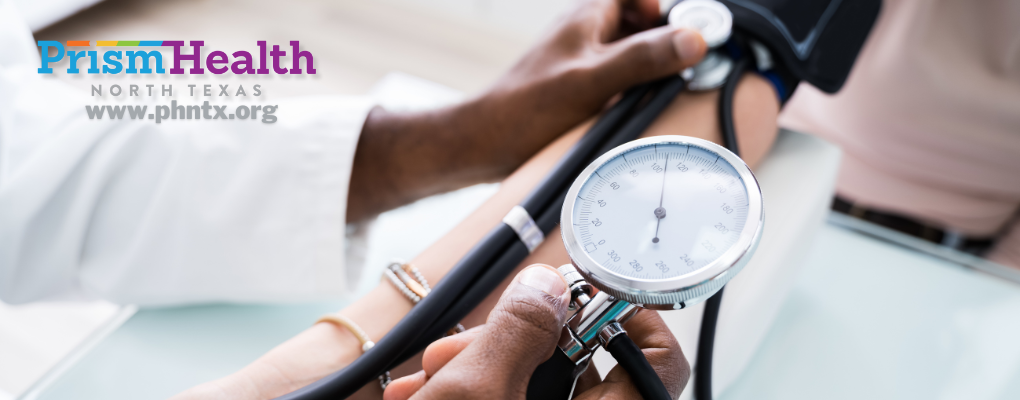
HPV (human papillomavirus) is the most common sexually transmitted infection (aka STD) in the United States. A person with HPV can transmit it to a partner after vaginal, anal, or oral sex. HPV is so common it’s believed that almost everyone will get it at some point in their life.
Any person that’s sexually active is at risk of getting infected. The risk grows with the number of sexual partners you and your sexual partners may have so talk to your partner(s) to figure out your risk level.
How do I know if I have HPV?
There is not an HPV test available. An irregular pap smear is one of the only ways for women to find out they’re infected. Sexually active women should get a pap test at least once a year at an annual wellness exam.
Some people may find out they have HPV after they develop genital warts but most people that have HPV show no symptoms.
Can it be treated?
There is no treatment for HPV. The only symptom of the virus is the development of genital warts and medication can be prescribed to heal them.
There is a vaccine that can prevent an HPV infection from causing serious health conditions. Using condoms correctly as well as a monogamous relationship with one person that is also not having sex with other people will reduce your chances of infection.
HPV and Pregnancy
Hormones during pregnancy can cause mothers to develop genital warts and abnormal cervical cells. Abnormal cervical cells can lead to cervical cancer so continue to get cancer screenings throughout the pregnancy.
HPV and Cancer
HPV has been linked to cases of cancer in the cervix, vulva, vagina, penis, and anus. Since HPV doesn’t have common symptoms, some people may not know they have been infected until years later when more serious health issues develop. Make sure to get screened regularly to catch a serious development early.
If you smoke, consider quitting. Smoking can increase the likelihood that cancer will develop due to an HPV infection.
Although STI testing won’t tell you if you have HPV, it’s still a good idea to get tested regularly if you’re sexually active. It will still help you find other infections fast and get treatment early!



